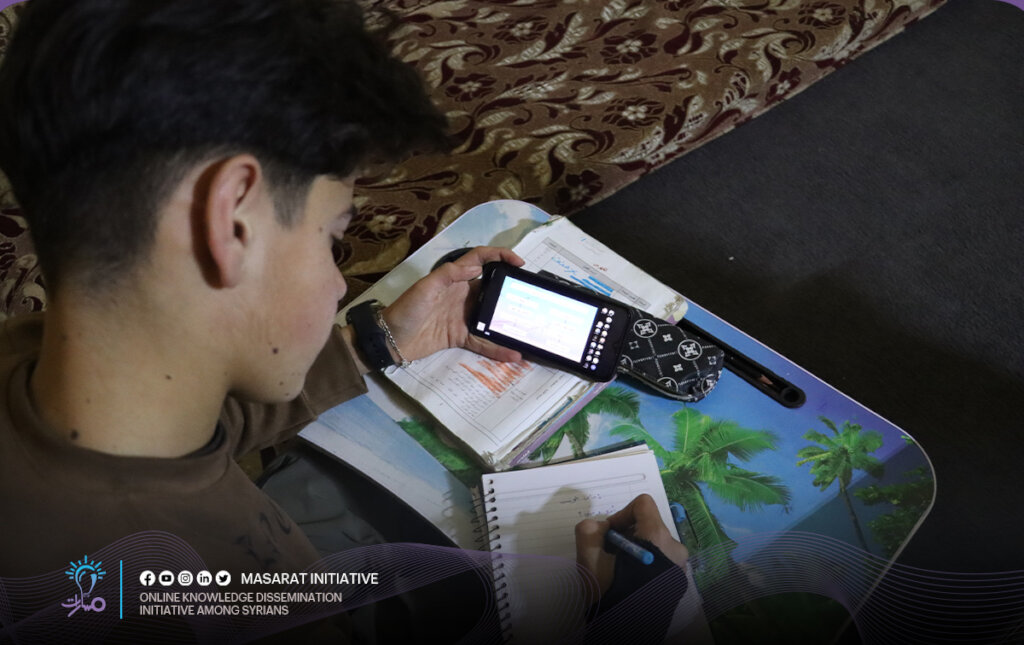The topic of Zakat has always been a central discussion among Muslims, particularly the Zakat on real estate and the correct ways to manage and handle it to remain in compliance with Allah’s commandments.
In this article, we discuss the importance of Zakat on real estate in Islam, its rules, and how to calculate it. We also highlight the role of real estate Zakat in driving the Islamic community towards achieving a balance between the rich and the poor and its impact on the Muslim Ummah.
Is Zakat Due on Real Estate and Its Rules
Islam mandates property owners to pay Zakat on the value of their properties if it reaches the specified Nisab (minimum amount) and a lunar year has passed.
Real estate Zakat is an essential part of Zakat in Islam, where real estate wealth is considered among the Zakatable assets, and properties are treated as wealth for the purpose of Zakat.
Real estate Zakat applies to all properties owned by individuals and companies that generate profit for the Muslim owner, including agricultural lands, houses, commercial buildings, factories, and rental properties.
It is divided into three types:
- If the property is for personal use, there is no Zakat on it.
- If the property is for rental, Zakat is due on the rental income if it reaches the Nisab and a lunar year passes.
- If the property is for sale, Zakat is due if the Zakat conditions are met, as it is treated as a trade good.
Scholars’ Opinions on Real Estate Zakat
Real estate, defined as land, houses, or shops, is categorized by Muslim scholars in these scenarios:
- No Zakat on the property that a person lives in or uses personally, as agreed by scholars.
- No Zakat on a Muslim’s agricultural land, but on the produce. If the land is bought for trade, Zakat is due on its value.
- Zakat is on the income received from rental properties if a lunar year passes and the income reaches the Nisab. No Zakat is due on the property itself but on the rental income.
- Zakat is obligatory on properties owned for trade by all scholars, meaning the primary intention of owning them is for profit.
- No Zakat on properties unless intended for trade. The original rule for Zakat on real estate is the intention of trade.
- Zakat drops from properties intended for trade if the intention changes. For instance, if a Muslim initially buys property for trade but later decides to use it personally, no Zakat is due because the intention lasts until the end of the lunar year.
Ibn Uthaymeen and Sha’rawi on Real Estate Zakat
According to Sheikh Muhammad bin Saleh al-Uthaymeen, if a Muslim trades in real estate (buying and selling), they must pay Zakat. If not intended for trade, no Zakat is due. If the Muslim sells a personally owned property, they must pay Zakat on its value if a lunar year passes and it reaches the Nisab.
Sheikh Sha’rawi stated that properties traded for buying and selling are treated like commercial goods and their Zakat is due. Properties lived in or used for business, like a shop, have no Zakat, but rental income is subject to Zakat if it meets the conditions of Nisab and lunar year.
Real Estate Zakat According to the Egypt’s Dar Al-Ifta.and Maliki School
The Egyptian Fatwa House agrees that if a Muslim owns an apartment without the intention to sell, no Zakat is due. If purchased for sale later, Zakat is 2.5% of the sale price. Zakat on trade properties is paid once after the sale, based on the market value when Zakat becomes due, not the purchase price.
The Maliki school states that Zakat on trade properties is due after a lunar year, not at purchase, and is paid once after the sale. Zakat on trade goods, including properties, is not paid yearly if the owner waits for higher prices but is due for one year after the sale.
Zakat Amount and Nisab for Real Estate
Real Estate Zakat Rate
The Zakat rate on properties bought for trade or rental is 2.5%, added to the total wealth of the owner if it reaches the Nisab.
Zakat on Rental Properties
The Zakat on rental properties is taken from the rental income if it reaches the Nisab after a lunar year. If spent on needs before the year ends, no Zakat is due. The required Zakat amount is 2.5%.
Zakat on Commercial Properties
Commercial properties intended for profit are treated like trade goods. If a lunar year passes and they are still intended for trade, Zakat is calculated based on market value, and 2.5% is paid.
? How to Calculate Zakat on Real Estate
Calculate the Zakat on real estate after owning it with the intention of sale for a lunar year. Determine the property’s market value at the end of the year and pay 2.5% of the total value.
? How to Pay Zakat on Real Estate
To pay Zakat on real estate, ensure the property meets the following conditions:
- Determine the property’s value. If it equals or exceeds 85 grams of gold, Zakat is due at 2.5%.
- Zakat is due after owning the property for a lunar year. Pay Zakat based on its market value at the end of the year.
- The original intention of buying the property should be for trade.
Paying Zakat in Installments During the Year
Two scenarios for paying Zakat in installments:
- Pay Zakat in advance before it is due, then assess at the year’s end if the full amount has been paid.
- Paying Zakat in installments after it is due is not allowed, as Zakat must be paid immediately upon becoming obligatory to benefit the needy.
Masarat Initiative for Education and Empowerment in Syria
Due to the war in Syria, an entire community of women was deprived of education for years due to early marriage, forced migration, extreme poverty, and displacement. They prioritized family care amid harsh living conditions but still dream of returning to school.
Masarat Initiative offers free online education to this community through school education, student activities, and skill development via our user-friendly online platform, ensuring comfort and flexibility.
By donating your Zakat, you will pave the way for women’s empowerment, equipping them educationally to teach and raise their children. With the rise of women, an enlightened, aware society emerges, fostering a future built on awareness and knowledge.
Your contribution is not just an investment in these women’s futures; it’s an investment in a brighter, more equitable future for all.










